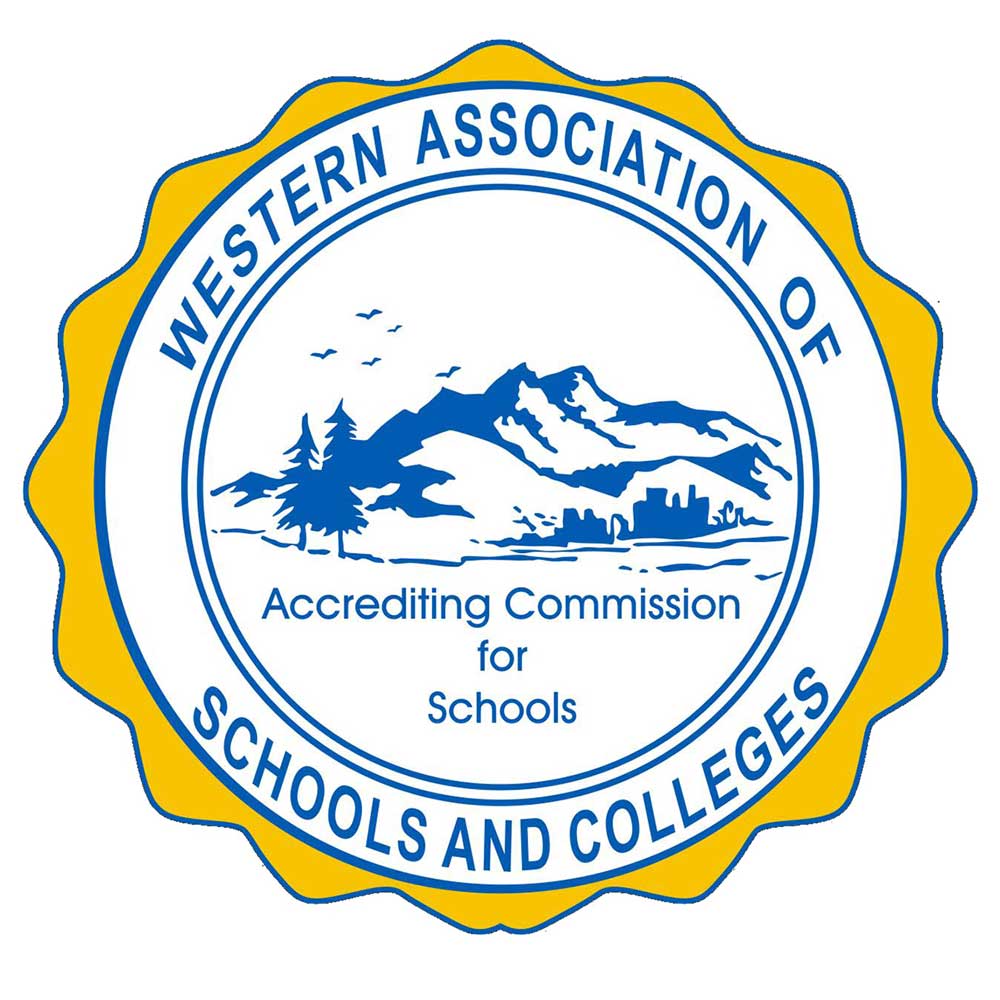Sanford Burnham Prebys Medical Discovery Institute (SBP) is proud to announce that its Graduate School of Biomedical Sciences has received accreditation by the Western Association of Schools and Colleges (WASC). The Graduate School’s PhD program offers academic and technical training in the fields of biology, chemistry, bioinformatics, and engineering to aspiring biomedical scientists. The accreditation demonstrates that the school meets the rigorous standards, resources, and policies to achieve its education goals.
“Today’s announcement reaffirms the collective dedication of SBP faculty, administration, and trainees to educate the next generation of pioneers in biomedical research,” said Guy Salvesen, PhD, dean of the Graduate School. “WASC accreditation officially places our Graduate School among institutions in the United States recognized for excellence in higher education.”
The SBP Graduate School curriculum offers students a solid foundation in biology, chemistry, bioinformatics, and biomedical technology, as well as flexibility to customize their training, with open access to pursue areas of special interest to each student.
“SBP is committed to educating young scientists how to succeed in a rapidly evolving research environment,” said Perry Nisen, MD, PhD, chief executive officer of SBP. “Our students are trained to be highly collaborative and are encouraged to explore unique learning opportunities with some of the most-sophisticated minds and technologies in biomedical sciences. Their education comes at a time when research discoveries are increasingly focused on improving human health.”
WASC is one of six regional associations that accredit public and private schools, colleges, and universities in the United States. Initial accreditation is a lengthy review process to evaluate the quality and effectiveness of colleges and universities. The review is overseen by the WASC Accrediting Commission for Senior Colleges and Universities.
“The (WASC) team commends the Graduate School of Biomedical Sciences for its solid program learning outcomes and for a curricular map that aligns thoroughly with the mission and unique culture of the academic program,” stated the commission report. The review also recognized the Institute’s leadership for embracing the academic program’s development of scientific leaders.
